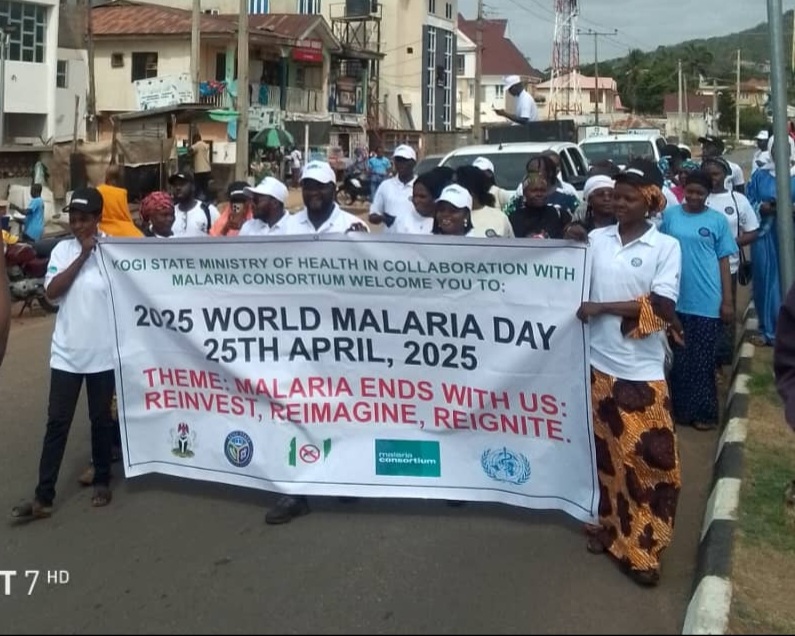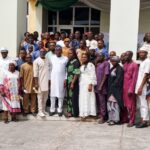The Kogi State Government, has reaffirmed its commitment to eliminating malaria, a major public health challenge in the state.
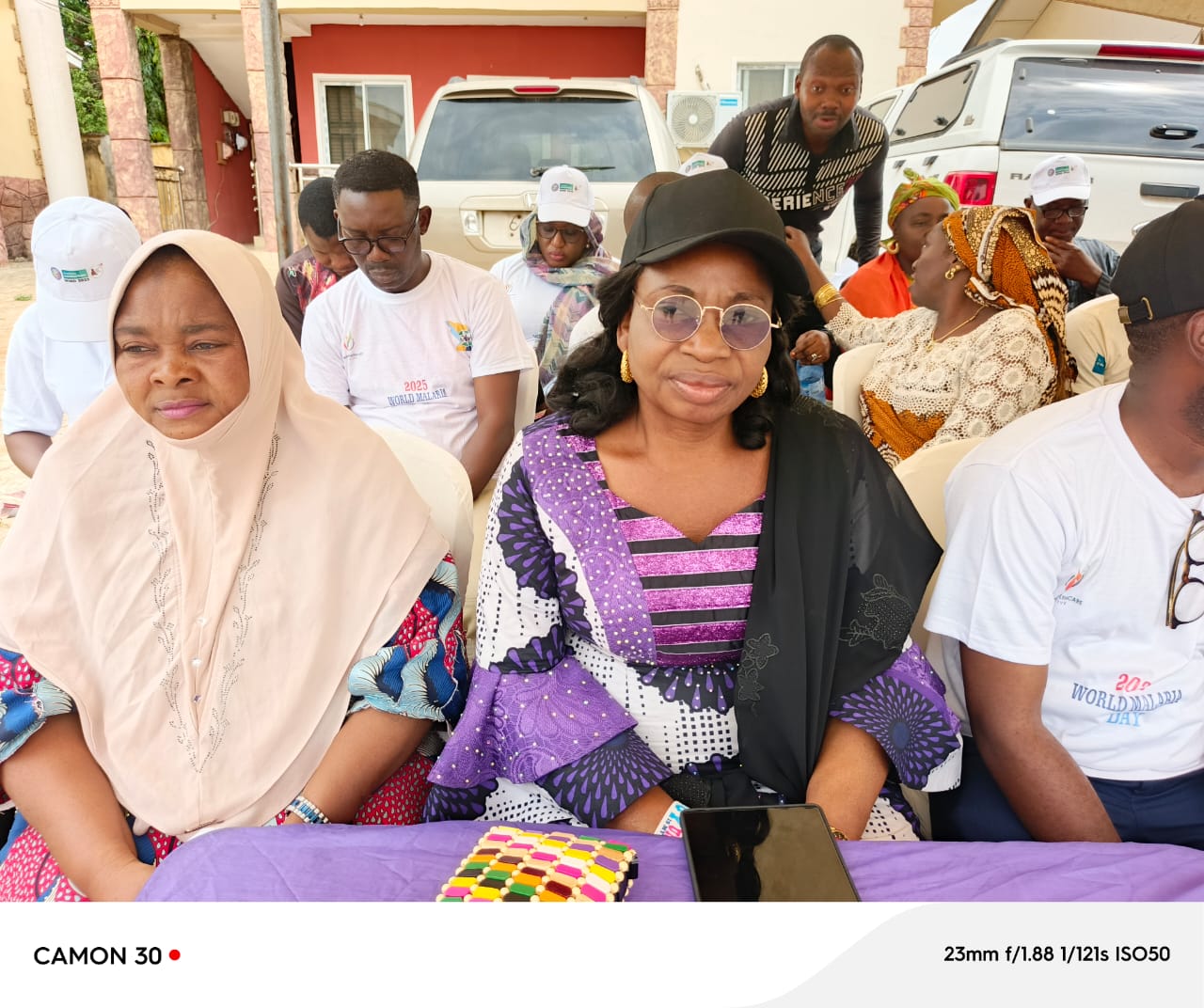
This was contained in a press release from the office of the Public Relations Officer to the Ministry of Health, Mrs Dorothy Onoja.
The Commissioner for Health, Dr. Abdulazeez Adeiza, represented by the Permanent Secretary, Mrs. Enehe Omeneke, made the declaration during the commemoration of World Malaria Day in Lokoja, with the theme “Malaria Ends With Us.”
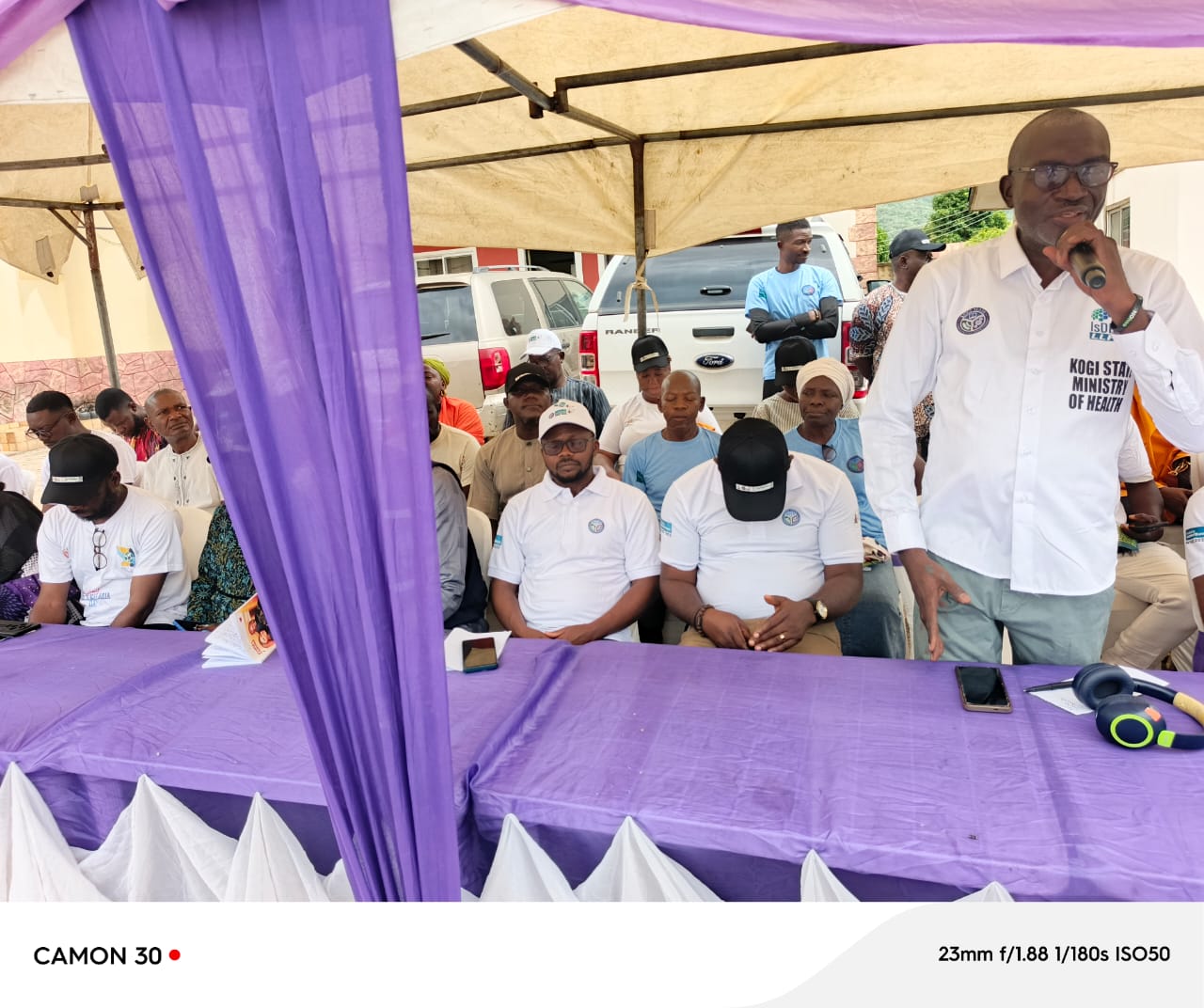
According to Dr. Abdulazeez, malaria remains a significant health concern in Kogi State, with a prevalence of 27.7% in the general population and 60% among children under five years.
He attributed the endemicity of malaria to factors such as poor hygiene and sanitation, overcrowding, and resistance of mosquitoes to routine insecticides.
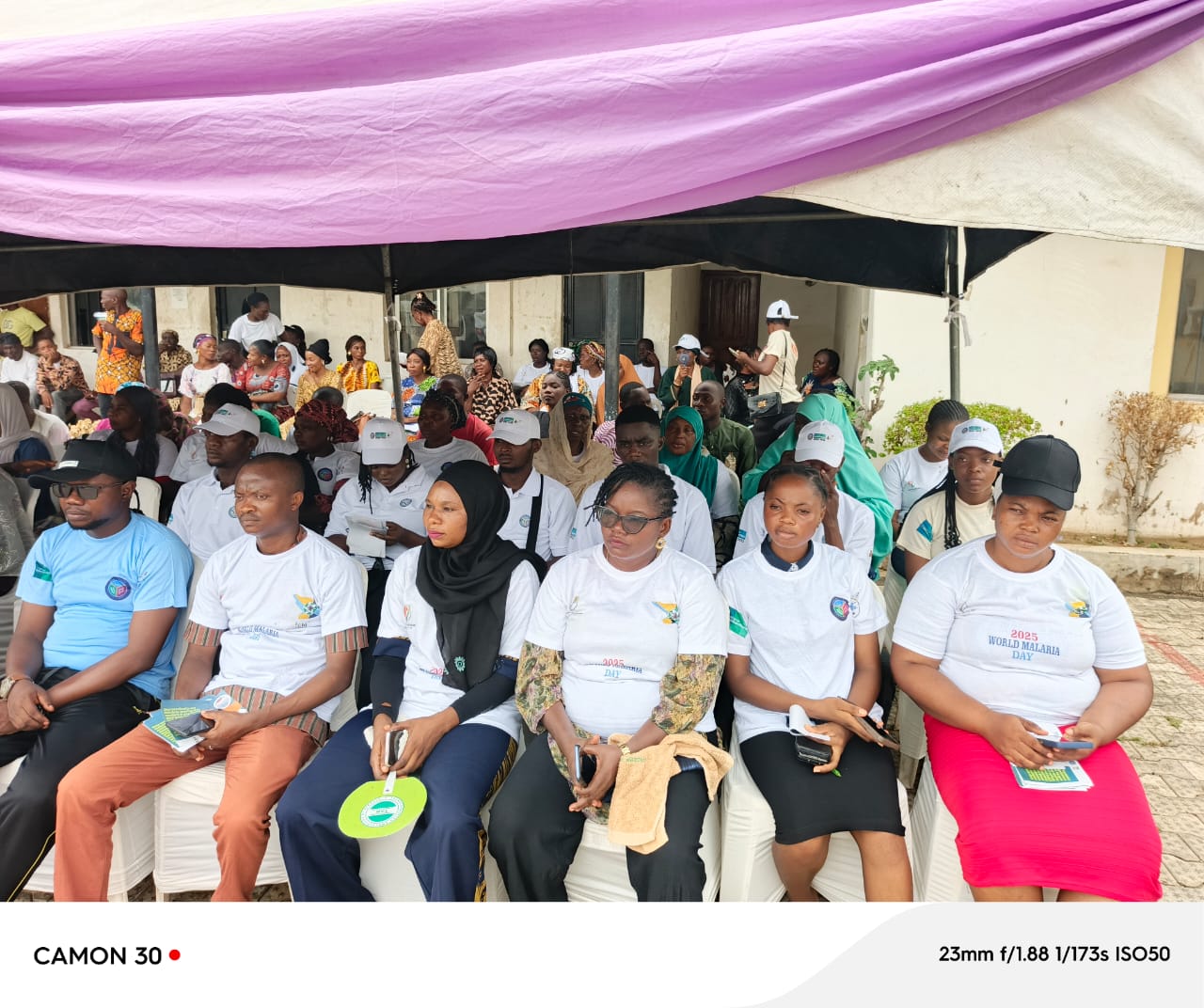
The Commissioner in the press release, emphasised the need for collective action to address the limiting factors that hinder progress towards eliminating the disease.
He urged citizens to adhere to best practices in malaria prevention, including the use of treated nets and seeking medical attention when symptoms arise.
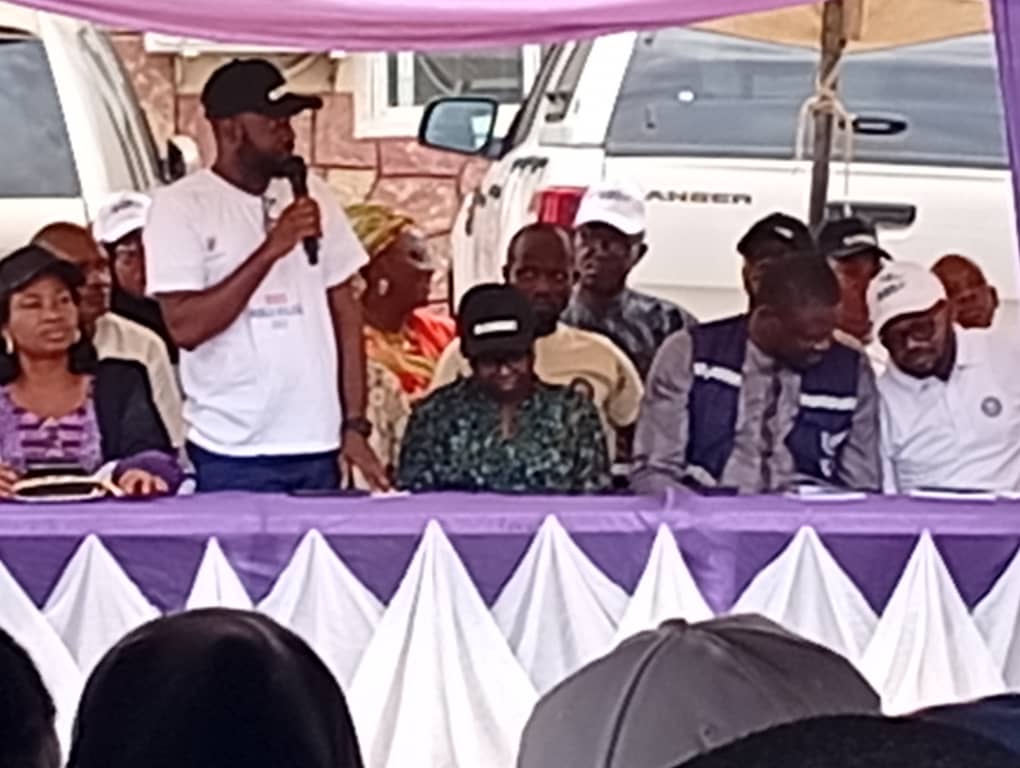
The Government has initiated a program offering free testing and treatment for malaria in 536 health facilities throughout the state, as part of a comprehensive strategy to enhance the healthcare sector.
The Commissioner expressed gratitude to the supporting partners and malaria organisations for their valuable contributions in reducing the prevalence of malaria in the state.
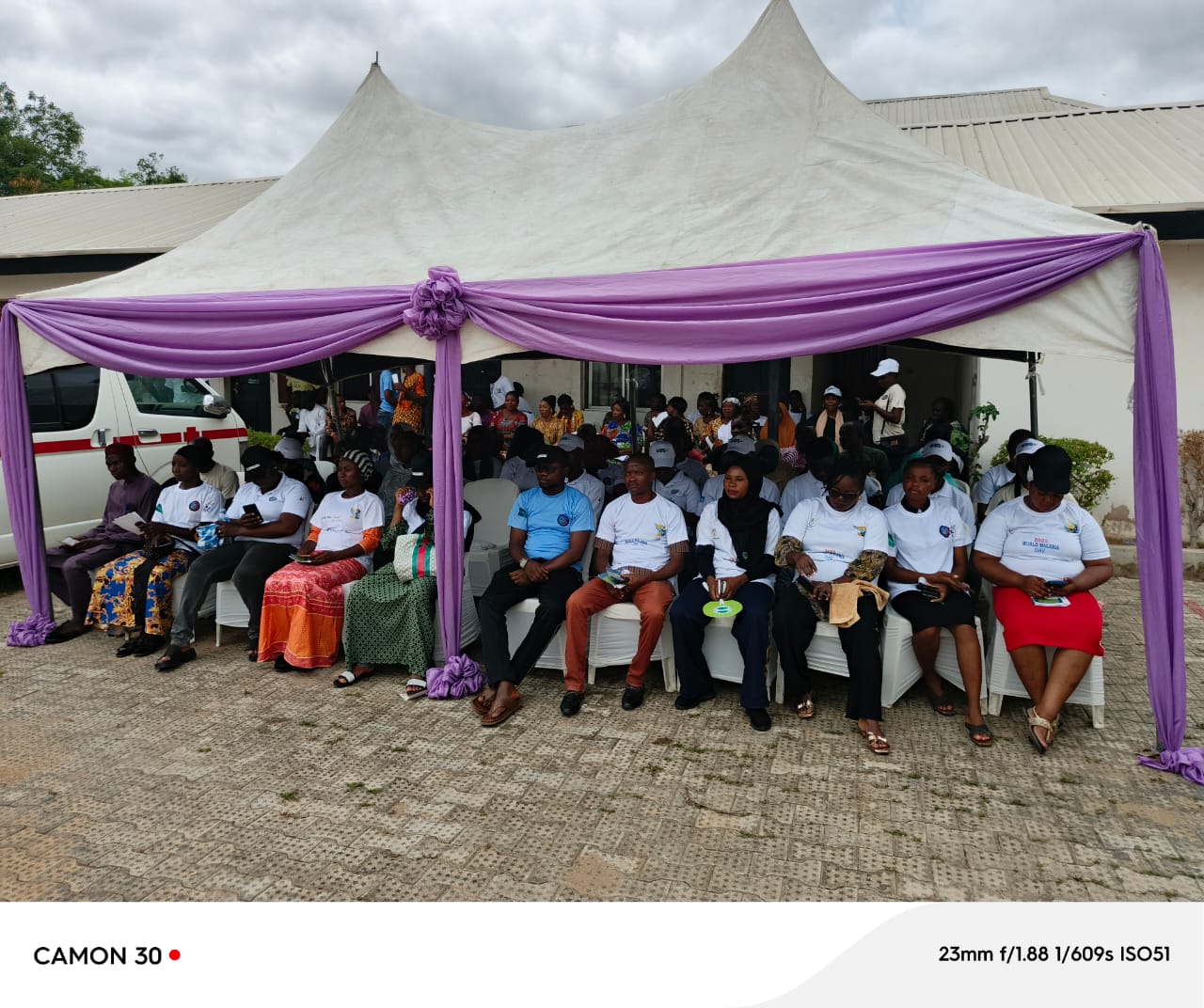
Part of activities to mark the day, include an awareness walk and a call to action to sustain the momentum towards achieving a malaria-free Kogi State.
Dr. Francis Akpa, the Director of Public Health at the Kogi State Ministry of Health, underscored the urgency of intensifying efforts to combat malaria, a leading cause of mortality in Nigeria.
Dr. Akpa reiterated the critical role of environmental management in preventing malaria, noting the importance of maintaining clean surroundings and eliminating stagnant water sources, that serve as breeding grounds for mosquitoes.
Drawing from personal experiences, he highlighted the impact of small water collections on mosquito breeding and stressed the necessity of proper water storage and disposal practices.
The Director expressed appreciation for the state government’s support in providing training for healthcare workers and case management officers. He expressed optimism that upcoming projects, such as the SWAP and HOPE initiatives, will offer additional resources for comprehensive training and education to reduce malaria incidence in the State.
In a goodwill message, Dr. Gwomson Dauda of the World Health Organization (WHO), commended the Kogi State Government for spearheading the World Malaria Day celebration and acknowledged the partnership with Malaria Consortium.
He emphasised the significance of the occasion, highlighting the imperative to reinvest, reimagine, and reignite efforts to combat malaria, a longstanding challenge that has persisted for decades.
Disclosing WHO”s significant progress in preventing malaria infections globally, the representative expressed gratitude to the state government for allowing WHO to work with the people of Kogi State. Even as he stated the importance of putting WHO strategies into practice, particularly at the primary healthcare level, to detect and treat malaria effectively.
He highlighted key areas for focus, including community education on preventing malaria, proper use of mosquito-treated nets, and eliminating stagnant water that breeds mosquitoes.
He also stressed the need for continued collaboration between the state government and stakeholders to combat malaria effectively.


